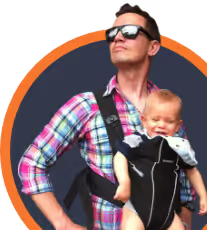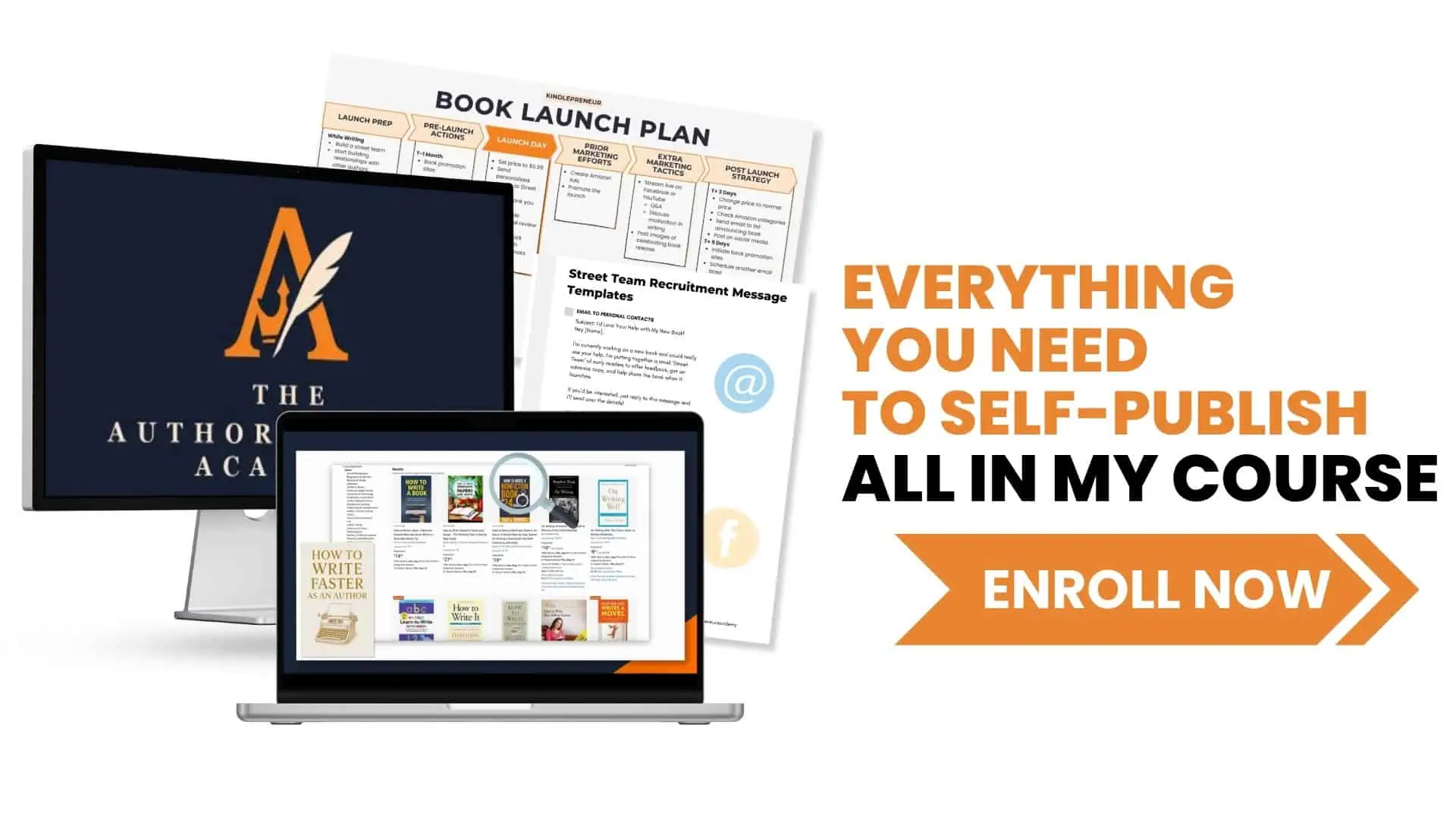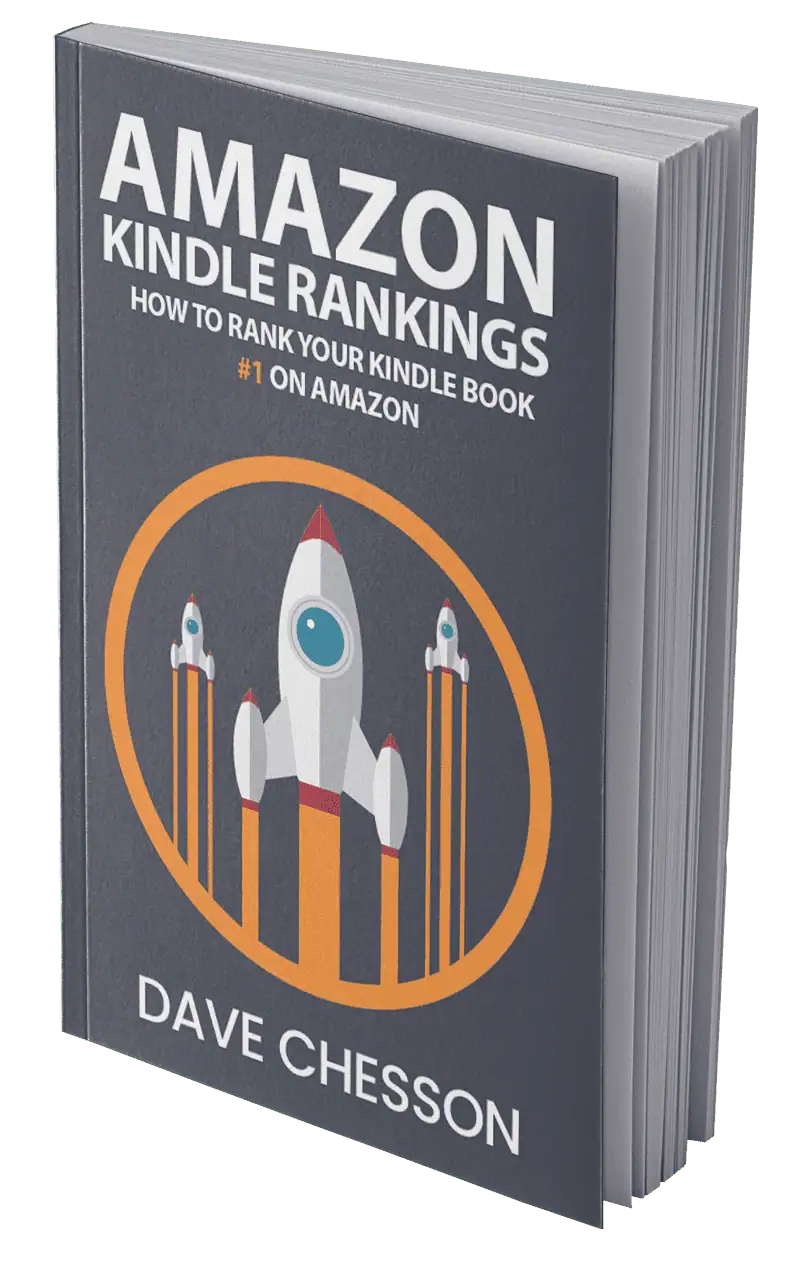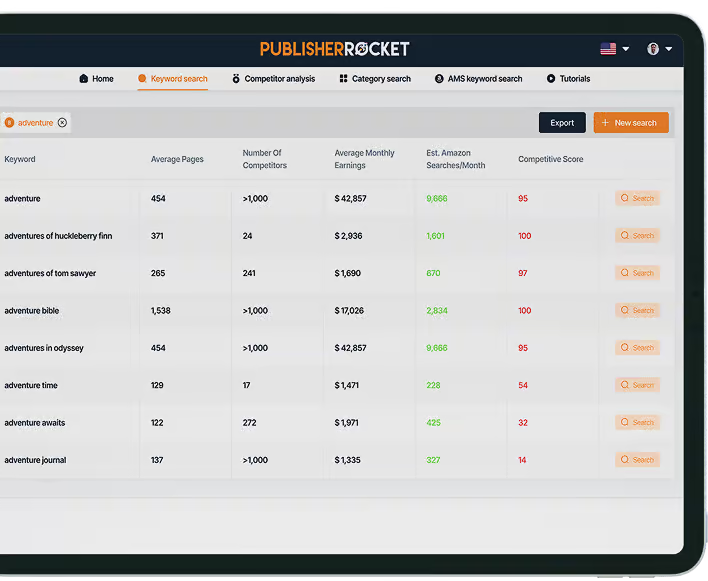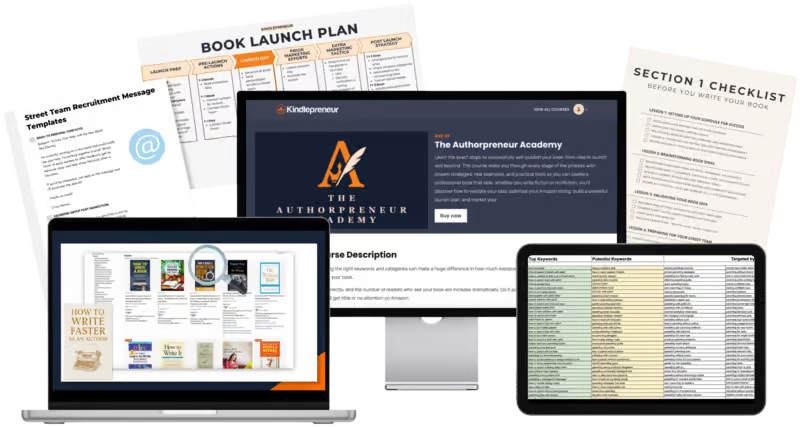What happens when AI trains on your book without asking… and the courts call them on it?
That’s the question at the heart of Bartz v. Anthropic. And, as of September 25, 2025, the court has preliminarily approved a $1.5 billion settlement that would compensate rightsholders for books scraped from pirate libraries and used to train Claude.
It’s a milestone for authors… with important limits you need to understand.
If you’ve published a book (self-published or traditionally published), your work may be on the court’s Works List tied to this settlement. The agreement (still pending final approval) would pay about $3,000 per included title, require destruction of the pirated book corpora, and doesn't resolve claims about AI outputs or future uses.
In short: meaningful accountability for past scraping, with big questions still ahead.
Billions of dollars in damages are on the line (and so is the precedent that could guide every future lawsuit like it).
But the legal landscape is messy…
Between overlapping lawsuits, split rulings, and shifting strategies, it’s easy to get lost in the details.
That’s why we’ve updated this guide. In the sections below, you’ll find:
- What this lawsuit is about (and why it matters)
- The key rulings so far, how the settlement works, who’s eligible, and what remains unresolved
- How the Authors Guild is getting involved
- What this could mean for your rights as an author
- How you can sign up to stay informed (and possibly benefit)
By the end, you’ll know exactly what’s happening, why it matters, and what to do next if your books are affected.
IMPORTANT:
I’m not a lawyer (much to my mother’s dismay), so this article shouldn’t be taken as legal advice. However, I’ve done my best to gather every piece of relevant information authors need to know about Bartz v. Anthropic and summarize it in a clear, easy-to-follow guide.
With that disclaimer out of the way, let’s dive right in.
We’ll start with the big, obvious question…
What is the Bartz v. Anthropic Lawsuit About?
In late 2023, three authors (Andrea Bartz, Charles Graeber, and Kirk Wallace Johnson) sued Anthropic, the company behind the Claude AI models.
Their claim: Anthropic had trained Claude using hundreds of thousands of copyrighted books without permission, many of them downloaded from pirate libraries such as Library Genesis and Pirate Library Mirror.
Court filings showed that Anthropic:
- Downloaded large datasets of pirated, copyrighted books.
- Digitized some legally purchased books for training.
- Built a “central library” of text to train Claude’s language models.
Why did this matter?
Because if you’ve published a book, whether it was self-published on Amazon or released traditionally through a major house, it may already have been part of those datasets. The scope was massive (the settlement later confirmed about 465,000 books were affected).
And this wasn’t just about Anthropic…
The case became the first real legal test of whether training AI on books is fair use and whether authors should be compensated when their copyrighted works are used this way.
The court ultimately drew a sharp line:
- Training on legally purchased or licensed books = fair use (no damages)
- Training on pirated copies = not fair use (liability attaches)
That distinction set the stage for the $1.5 billion settlement that followed.
Does This Lawsuit Affect Authors Outside the U.S.?
The Bartz v. Anthropic case was heard in a U.S. federal court, so the settlement is governed by U.S. copyright law.
That means eligibility hinges on U.S. copyright rules, particularly whether a work was properly registered.
Here’s the breakdown:
- U.S. authors:
- If your book was registered with the U.S. Copyright Office and appeared on the court-mandated list of affected works, you’re covered by the settlement.
- Each qualifying book is eligible for roughly $3,000 in compensation.
- International authors with U.S. ties:
- If your book was sold or distributed in the U.S. (e.g., through Amazon or Apple Books), you may qualify, but only if the book was also registered with the U.S. Copyright Office. (U.S. registration is the key factor here.)
- International authors without U.S. ties:
- Even if Anthropic scraped your book from pirate libraries, you may not be eligible unless you registered the work with the U.S. Copyright Office before or shortly after publication.
- In practice, many international authors without U.S. registration won’t see compensation.
The settlement made one thing clear: registration matters.
Authors with timely U.S. copyright registration were included in the class. Those without it (generally) were not.
That’s one of the biggest lessons from this case… if you want to protect your rights in the U.S., register your books.
If you need help, our How to Copyright a Book in 4 Simple Steps [Lawyer-Approved] article will show you how.
The Key Rulings So Far
In June 2025, U.S. District Judge William Alsup issued a pivotal ruling in the Bartz v. Anthropic case. It was the first U.S. decision squarely addressing whether training AI on books qualifies as fair use.
Here’s the simplified breakdown:
| Issue | Judge Alsup’s Ruling | What It Means for Authors |
|---|---|---|
| Training Claude on legally purchased books | Fair use ✔️ | No liability. AI companies can rely on legally acquired works |
| Digitizing print books Anthropic bought | Fair use ✔️ | Transforming format for internal training = allowed |
| Training Claude on pirated books | Not fair use ❌ | Liability attaches; infringed authors owed compensation |
The takeaway: how data is acquired matters.
- Using books Anthropic legally purchased or licensed is fair use.
- Using pirated copies was ruled unlawful and opened the door to massive liability.
This split ruling set the stage for the $1.5 billion settlement, since the scope of liability for pirated works was so large (465,000 affected books). Rather than go to trial in December 2025, Anthropic agreed to compensate authors and destroy the infringing datasets.
Judge Alsup’s decision is now seen as a precedent-setting moment:
- It left open questions about AI outputs (what the models generate), which future cases will need to address.
- It affirmed that AI training on lawfully obtained works is generally protected under fair use.
- It drew a bright red line around pirated data, making it clear AI companies can’t rely on stolen copies.
What the Settlement Means for Authors
After Judge Alsup’s June 2025 ruling, a December trial was scheduled, but it never happened. Facing liability for hundreds of thousands of pirated works, Anthropic chose to settle.
In August 2025, Anthropic and the plaintiffs reached a $1.5 billion settlement, which Judge Alsup has since given preliminary approval. The settlement reshapes what authors should expect:
- Scope of covered works: Roughly 465,000 copyrighted, registered books were confirmed as having been used without permission. These are the only works eligible for payment.
- Compensation: Each covered work is entitled to about $3,000, with payments subject to final approval and claims processing.
- Destruction of data: Anthropic must destroy the infringing datasets and certify compliance.
- Limits: The settlement only covers past use (through August 25, 2025). It does not grant Anthropic any license for future use, nor does it resolve claims about AI outputs (text generated by Claude).
What Authors Should Watch Next
- Final approval hearing: The settlement is awaiting final judicial approval. If approved, notices will go out to authors on the affected works list.
- Claims process: Authors will need to file claims to receive payments. Missing deadlines could mean missing out.
- Future lawsuits: Since the deal doesn’t cover outputs or future use, new cases could emerge (either against Anthropic or other AI companies).
- Contract clauses: Publishers and agents are beginning to add AI-specific clauses to contracts, ensuring royalties or opt-outs for training use.
The bottom line: the trial that once loomed is gone, but the settlement sets a historic benchmark.
It signals that pirated training data will not be tolerated and that authors can, at least in part, be compensated.
Are There Similar AI Cases Going On Right Now?
Even as Bartz v. Anthropic headlined the AI/copyright space, it didn't stand alone. Several other suits and legal actions are testing how copyright law intersects with AI systems.
Here’s a snapshot of what’s happening now and how they relate to the Anthropic settlement.
Notable Ongoing or Resolved Cases
1. Meta / Kadrey (Books used for training LLMs)
- A lawsuit brought by authors including Richard Kadrey challenged Meta’s use of books in AI training. The court granted summary judgment in favor of Meta, ruling that the plaintiffs had not established a sufficient record of infringement.
- Commentators compare the Meta and Bartz rulings, noting that both accept that AI training may qualify as fair use in some circumstances, but disagree on how to treat pirated content and the impact of AI output on market harm.
2. Music publishers vs. Anthropic (Lyrics / Song Copyrights)
- Several music publishers (e.g. Universal Music, Concord, ABKCO) sued Anthropic, alleging violation of music-lyric copyrights by ingesting song lyrics into training and reproducing outputs.
- A judge recently denied Anthropic’s motion to dismiss portions of those claims, meaning the music-rights suit will proceed.
3. Reddit vs. Anthropic (contract / scraping claims)
- Reddit filed a state court action against Anthropic alleging a mix of claims (breach of contract, unjust enrichment, unfair competition) tied to alleged scraping of Reddit content.
4. Others in the AI / copyright sphere
- Lawsuits remain active or emerging against OpenAI, Microsoft, and other tech companies over unauthorized use of books, articles, and media for AI training.
- Some suits consider output-based claims, where rightsholders allege the AI-generated text too closely mirrors copyrighted works (a frontier that Bartz does not settle).
What These Cases Mean (in Light of Bartz Settlement)
- Bartz as a benchmark. The $1.5B settlement in Bartz is already being treated as a touchstone reference in other AI copyright cases, both by plaintiffs for setting expectations, and by defendants considering settlement risk.
- Fair use boundaries evolving. Courts are frequently using the Bartz decision’s distinctions (legally acquired content vs pirated content) as a guide. But differences in factual records (e.g. how the data was acquired, how outputs behave) still lead to divergent results (e.g. Meta).
- Music / lyrics pose distinct challenges. Because song lyrics often have stricter licensing markets and distinct precedent in music copyright, these suits may diverge from the book-training model. The fact that the music claims survive motion to dismiss suggests non-book media may be a more open battleground.
- Output claims remain open. Bartz doesn’t (and couldn’t, under its settlement) resolve claims about AI output. Other lawsuits will test when and whether models’ generated text infringes.
- Global implications. As international authors and publishers watch U.S. cases, they may bring similar claims in other jurisdictions (e.g. EU, UK), especially where local copyright law or AI regulation offers a different path.
Why There Were Two Anthropic Cases
When the lawsuits first began, authors were understandably confused: was there one case against Anthropic or two? The answer was both.
- Bartz v. Anthropic
- Filed in October 2023 by three individual authors: Andrea Bartz, Charles Graeber, and Kirk Wallace Johnson.
- Their complaint focused on Anthropic’s alleged use of pirated books to train its Claude AI models.
- The Authors Guild-backed class action
- Filed separately by the Authors Guild, this action was meant to represent a far larger pool of affected authors.
- It targeted the same alleged misconduct (AI training on pirated books), while also providing infrastructure for author notifications, opt-ins, and claims.
How They Came Together
The court consolidated the two tracks in mid-2025, treating them as a single proceeding. That meant there wasn’t going to be a “Bartz trial” and a “Guild trial. Instead, the evidence, rulings, and damages would all be decided together.
With the $1.5 billion settlement now preliminarily approved, both the named plaintiffs (Bartz, Graeber, Johnson) and the broader certified class are resolved within this single agreement. For authors, that simplifies things:
- One settlement, not two competing cases
- Class-wide list of affected works (~465,000 titles)
- Unified claims process for compensation (about $3,000 per eligible work)
Why It Matters
The dual-case structure highlights how quickly the author community mobilized.
Individual plaintiffs lit the spark, and the Authors Guild scaled it into a broader class action. Together, they ensured that any resolution would apply across both groups.
What the Settlement Means for Authors (and How to Take Part)
For authors, the $1.5 billion Anthropic settlement is both a milestone and a reality check.
It represents one of the largest copyright payouts in history, but also comes with important limits and eligibility requirements.
What’s Covered (and What’s Not)
- Covered: About 465,000 books that were scraped from pirate libraries (such as LibGen and Pirate Library Mirror) and that meet U.S. copyright registration requirements. Eligible rightsholders will receive roughly $3,000 per work.
- Not covered:
- Books not included on the official settlement list
- Works that were never registered with the U.S. Copyright Office (or weren’t registered in time)
- Future AI training uses beyond August 25, 2025
- Claims based on AI-generated output
Anthropic is also required to destroy the infringing datasets and certify this to the court, but the settlement does not grant it a license for future use of authors’ works.
How to Know if Your Book is Included
The court has published an official settlement website where authors can check eligibility, file claims, sign up for notices, and track deadlines:
–> Anthropic Copyright Settlement Website
If your book appears on the list, you should receive official notice with instructions for submitting a claim.
(If you’d signed up for updates earlier with Lieff Cabraser or the Authors Guild, you should also be notified directly.)
Why Copyright Registration Matters
I mentioned it earlier, but it bears repeating…
This case underscores a painful truth: only works properly registered with the U.S. Copyright Office are eligible for compensation.
Many authors whose books were scraped may see no payout simply because they never registered. Going forward, prompt registration is essential for protecting your rights, whether you self-publish or go through a traditional press.
What Authors Should Do Now
- Check the settlement site for your titles and sign up for updates.
- Keep your records in order. ISBNs/ASINs, copyright registrations, publisher contracts, etc.
- Register all future works early (within three months of publication) to maximize eligibility in any future disputes.
- Negotiate AI clauses in publishing contracts that clarify whether your books can be used for training, and whether royalties should apply.
- Stay alert to claims deadlines, fairness hearings, and similar lawsuits (against Meta, OpenAI, etc.) that may lead to new settlements.
- Use multiple layers of IP protection. While you wait for your copyright, you can also protect your book via blockchain in less than 60 seconds with Instant IP. Get your first credit FREE here with Kindlepreneur's affiliate link.
Key Takeaways and Timeline
Let's quickly recap:
The Bartz v. Anthropic case was supposed to culminate in a December 2025 trial. Instead, it produced a historic $1.5 billion settlement that now serves as the benchmark for AI copyright disputes.
Key Takeaways
- Fair use clarified: Training on legally purchased or licensed books was ruled fair use. Training on pirated copies was not.
- Settlement reached: Anthropic agreed to a $1.5 billion settlement covering about 465,000 copyrighted books.
- Per-work payout: Eligible rightsholders can claim about $3,000 per book, provided the work meets copyright registration requirements and appears on the settlement list.
- No license for future use: The settlement only covers past training (through August 25, 2025). It does not grant Anthropic rights to future uses.
- Destruction required: Anthropic must destroy infringing datasets and certify compliance to the court.
- Output claims remain open: The settlement does not release claims related to AI-generated outputs.
- Copyright registration matters: Only properly registered works qualify for compensation, underscoring the importance of registering your books promptly.
Timeline of Key Events
| Date | Event |
|---|---|
| Oct 2023 | Bartz v. Anthropic lawsuit filed by Andrea Bartz, Charles Graeber, and Kirk Wallace Johnson |
| Jun 2025 | Judge Alsup issues split ruling: fair use for purchased/licensed books, not for pirated copies |
| Jul 2025 | Court certifies class action, consolidating Bartz and Authors Guild lawsuits |
| Sep 2025 | Court-ordered list of ~465,000 affected works compiled; Anthropic agrees to $1.5 billion settlement; Judge Alsup grants preliminary approval |
| Fall 2025–2026 | Settlement notice, claims, and fairness hearing process underway |
What to Watch Next
The $1.5 billion Bartz v. Anthropic settlement is a landmark, but it isn’t the end of the story. Authors still need to stay alert to what comes next:
- Final approval: Judge Alsup has only granted preliminary approval. A fairness hearing will determine whether the settlement is finalized.
- Claims process: Eligible authors will need to submit claims through the official settlement website. Deadlines and documentation requirements will be announced soon.
- Payouts: Payments of about $3,000 per book will only reach authors after the claims process and court approval are complete (likely well into 2026).
- Appeals and objections: Some parties may challenge the settlement, which could delay or alter the distribution.
- Future lawsuits: This deal covers only Anthropic’s past use of pirated books. It does not resolve future AI training, AI-generated outputs, or cases against other companies (OpenAI, Meta, etc.).
So, stay registered, watch for official notices, and keep pushing for stronger protections in publishing contracts.
(And don't forget to copyright your books!)

